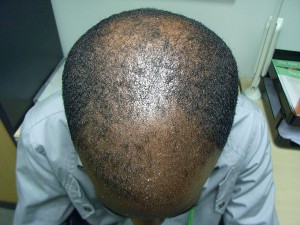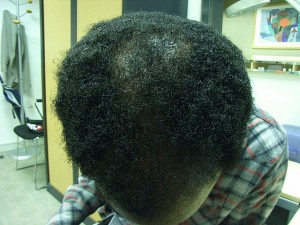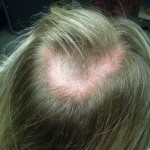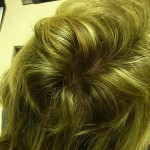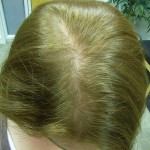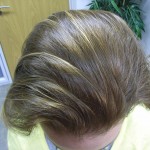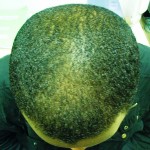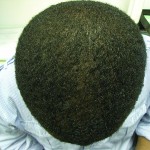Research Suggests Genetics Not to Blame for Hair Loss
20.09.2011 in HAIR LOSS SCIENCEHair loss may be more due to diet and stress than genetics, especially for women, a new study by the Korean Hair Research Society has found.
Both men and women run a high risk of losing their hair early even if there is no history of this in their family, the society said. It based its findings on a survey of 1,220 patients at 13 university hospitals in Korea.
Although a contentious issue, the general consensus among scientists today is that 90 percent of hair loss has its roots in genetic causes.
But the KHRS study on the association between hair loss and genetics found that some 41.8 percent of men, and 47.9 percent of women, said they are the only member of their families who suffer from hair loss. Family here means parents, grandparents, siblings and older relatives.
Among those who started losing hair before the age of 30, 31.5 percent said no one in their family had experienced this problem. In comparison, only 30.4 percent said there was a comparable history on their fathers’ side, while few cited the history on their mothers’ side.
“The study results contradict widely held beliefs, and show that there is little relationship between hair loss and family genes,” said KHRS President Kang Jin-soo.
“So people should be careful not to expose themselves to the kind of factors that can cause hair loss, such as mental stress and unhealthy diet regimens, as these seem to be the main reasons that people lose their hair at a relatively young age,” he added.
Or follow Trichologist advice:
For treatments that work without any side effect read:
Do you have Hair Loss Problems, read our Hair Loss Help
no comment





